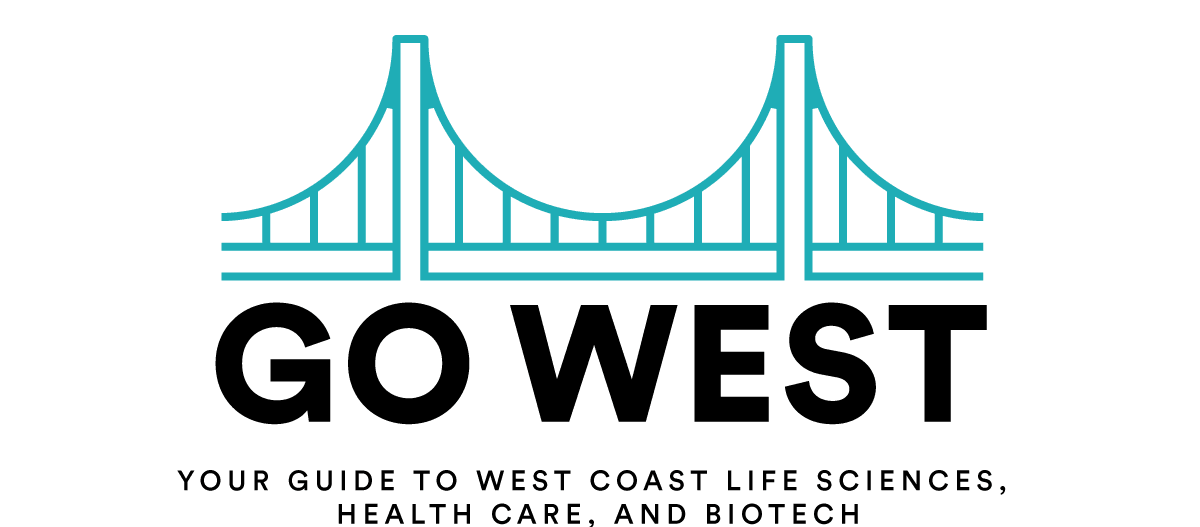

Happy Wednesday, and welcome back to Go West! Special thanks to STAT colleague Andrew Joseph for the assist with this edition. You can follow him @DrewQJoseph.
I want to start today’s edition by briefing you on a pair of announcements from this past week, both centered around fancy watches that have been turned into medical devices.
Apple and Johnson & Johnson said they will launch a study this year evaluating J&J’s heart health monitoring app in combination with the Apple Watch. The idea is to see if they can help diagnose people with atrial fibrillation, an irregular heartbeat that can lead to more serious health concerns. The Apple Watch, you’ll recall, got FDA clearance last year for its irregular heart rhythm alert, as well as for an electrocardiogram feature to measure heart activity.
Not to be left out, Alphabet’s life sciences unit, Verily, said it just got FDA clearance for its own electrocardiogram capability on its own watch. Unlike the Apple product, you can’t go out and buy Verily’s Study Watch; rather, it’s prescription-only and meant for research purposes.
When you consider another smartwatch and a smart ring introduced earlier this month by other consumer electronics companies, “it’s starting to feel like EKG is about to become a bog-standard component on lots of smartwatches,” the Verge’s Dieter Bohn observed.
As more people start using these wearables with their health in mind, I hope we’ll see more data on how effective these technologies are — and get a sense for how well they work compared to traditional devices.
The next big research milestone to watch for: In March, at a leading cardiology conference in New Orleans, researchers will present resultsfrom a huge study evaluating the Apple Watch's ability to detect atrial fibrillation. Thanks to reporting from my STAT colleague Kate Sheridan, we've already seen a summary of some data from the clinical trial, which was led by researchers at Stanford and funded by Apple. But soon, we'll have a chance to dig into more of the results.





















.png)









No hay comentarios:
Publicar un comentario